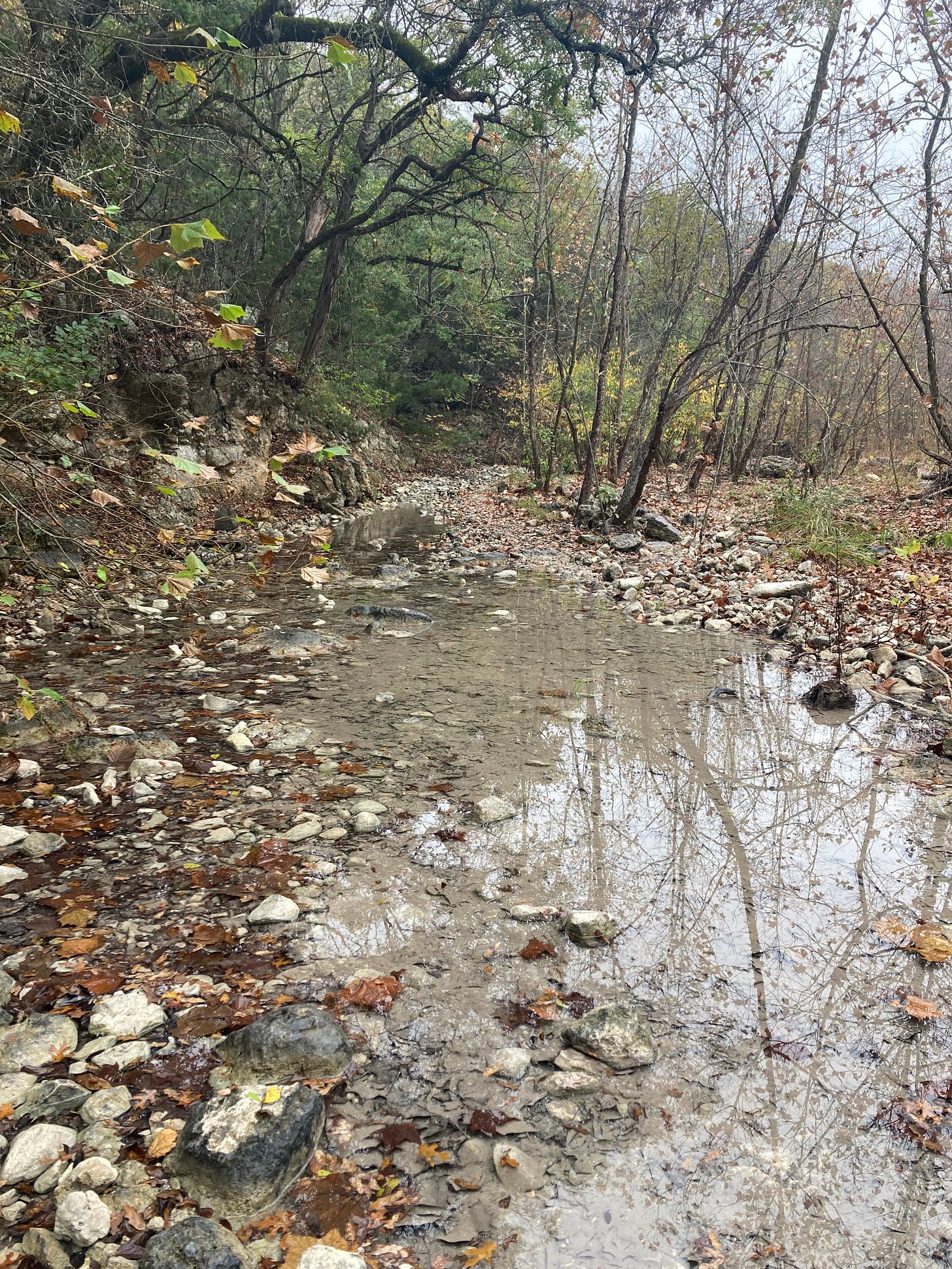
I’ve heard Geminis called “professional dilettantes;” that phrasing was one of the first times that I believed astrology could mean something. I’m forever enchanted with new beginnings - I love new school years, new year-years, new ideas, new hobbies, new journals, new candle scents, new cities, all the new things.
But, until probably the last four years, I’ve had a remarkably difficult time sticking to new things. I’d abandon them when they got confusing (almost immediately), or decide that either they weren’t for me or I wasn’t made for them. The pandemic gave a potent blend of extra time and creative constraints that helped me to figure out how to go deep with things stick with them over time, building my capacity in them moment by moment. Until then, I really required external structure (graduate school, job requirements, reducing the “cost per use” of a gym membership) to stick with anything. Despite my pretty extensive capacity for system-building in my career, system-building in my life does not come naturally.
My complex reaction to new things has to do with the inextricable nature of excitement of doing/trying something new and the almost-immediate reminder that no amount of enthusiasm can make you good at something immediately. Most of us have to struggle through new things, and the first reckoning with just how bad you have to be at something to do better is a rough one. You can almost never be good at the beginning. Because practice.
I don’t want my hobbies to be hard, and I hold tight to that stance. I only crochet flat things (scarves, blankets); none of the sleeve nonsense of sweaters for me. I don’t knit, because dropping stitches is too easy to do and too hard to fix. I am an expert at very little that isn’t career-related. The one exception to this attitude is yoga, which (again, pandemic-spurred) I have spent the past two years wading slowing, deeper and deeper into my understanding. But it’s taken me 15 years of practice to get to the point where I feel confident to go deeper, to make it “harder,” to get far enough from the scariness of new to embrace a sense of optional difficulty. I’m now encountering the seemingly interminable newness of teaching something I’ve done (but not taught); I was talking to my yoga teacher yesterday about how I’m not getting better as fast as I wish I was, and figured out as I was saying it that because I’m not practicing (teaching yoga, that is) as much as I practice other things, like Google Sheets, just because of life logistics, of course I’m not getting better as fast as I do at other things, or as fast as I would like.
But every class is practice, every plan is practice, every reflection and tweak to a cue is practice.
I’m thinking about all of this again after reading this Vox article with the exceptional title “It’s Okay to Suck When You Try Something New.” My husband and I recently bought bikes after having not ridden seriously since childhood. We took our first ride with them this morning, which I’d been looking forward to (excitement!) all week. I spent the whole hour that it took us to actually get on the bikes reminding myself that being new is not easy. We didn’t know what clothes to wear that would be both safe and warm enough. We put the bike rack upside down the first time (frustration!). We couldn’t figure out how to get the extra bar that my (tiny) bike requires to put it in the bike rack off. Once we were riding, I had to get off my bike at the steepest hill on the path we were on because I didn’t read the hill sign fast enough and didn’t shift gears appropriately. In my head (and occasionally out loud), I kept repeating, “This is what new feels like.” We joked as we drove to the trail that we looked like people who biked (the rack didn’t fall off the car, and neither did the bikes!), but were not yet people who biked. On the way home, we could confidently say that we were “people who biked” (at least once). A little less new, a little less apprehensive.
And also…being less new is not necessarily the desirable state from the 30,000 foot view. Cultivating a beginner’s mind, a open-hearted spirit of inquiry in every moment, is good for you in a lot of ways that this article describes. While this isn’t the most philosophically complex explanation, I do like its simplicity and concrete suggestions. I particularly appreciate the gentle admonition to “slow down,” as in, really pay attention to what you’re doing, just like you have to when you are starting something, because you literally don’t know enough to do what you’re doing! This invitation to really pay attention to the individual movements, the individual moments also helps me remember that you can learn something from every phase, pick up something new every time, and sometimes the slower, gentler, newer version of a thing can be exactly what you need.
I’d love to know what you’re new to or any experiences with newness that stand out to you, current or past. What are you looking forward to beginning?
I hope you’ll join me for a practice this month! I’m particularly excited to offer a winter solstice practice on the date of the solstice. Next week’s post will be about seasons, but suffice it to say that winter hasn’t always been my favorite. Finding ways to make friends with the darkness and find the light has been a space of deep gratitude the past few years, and I’d be honored to share that with you.
If you know someone who you think would enjoy this newsletter or free yoga practices, please send them the link to subscribe!





